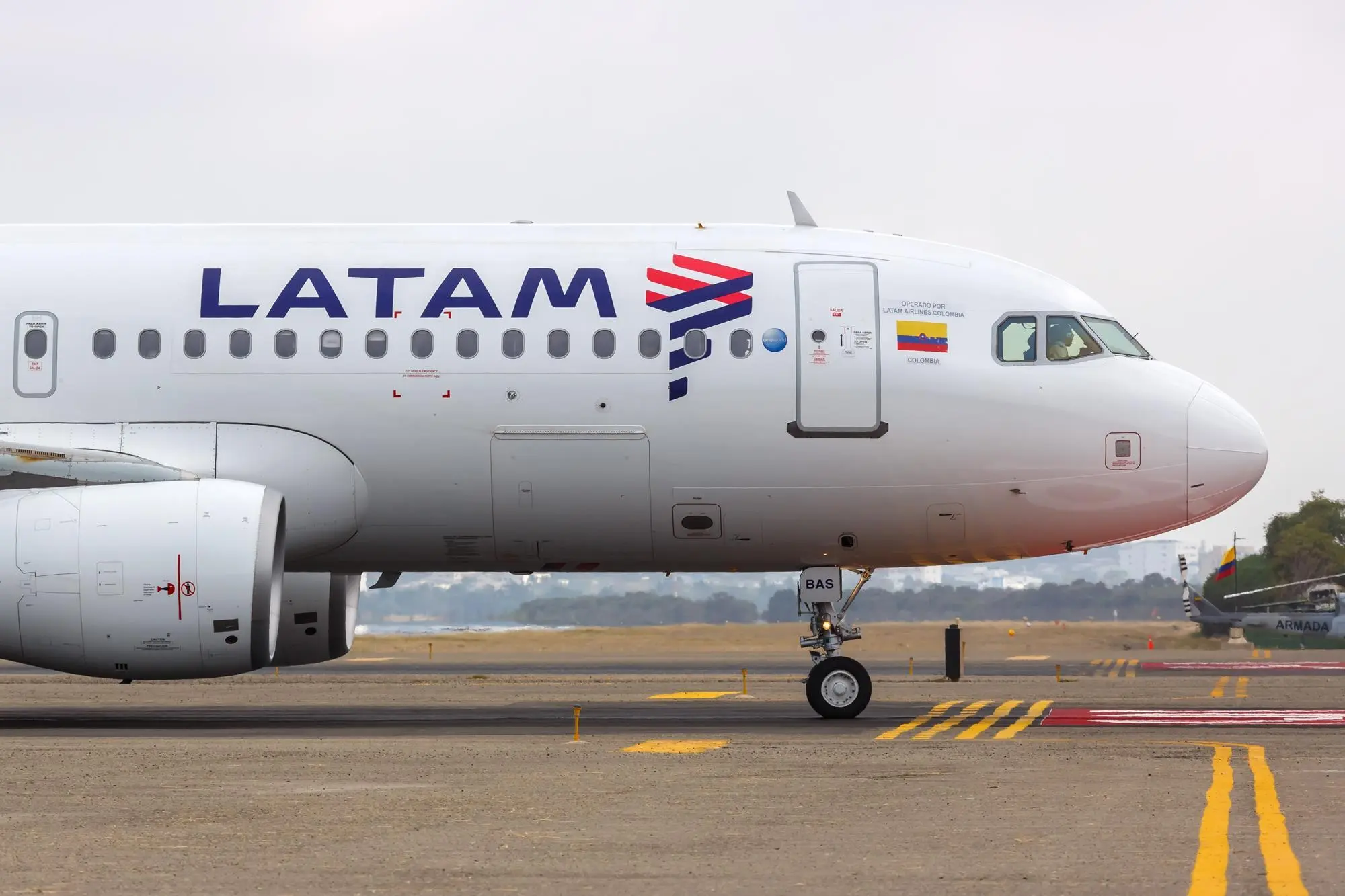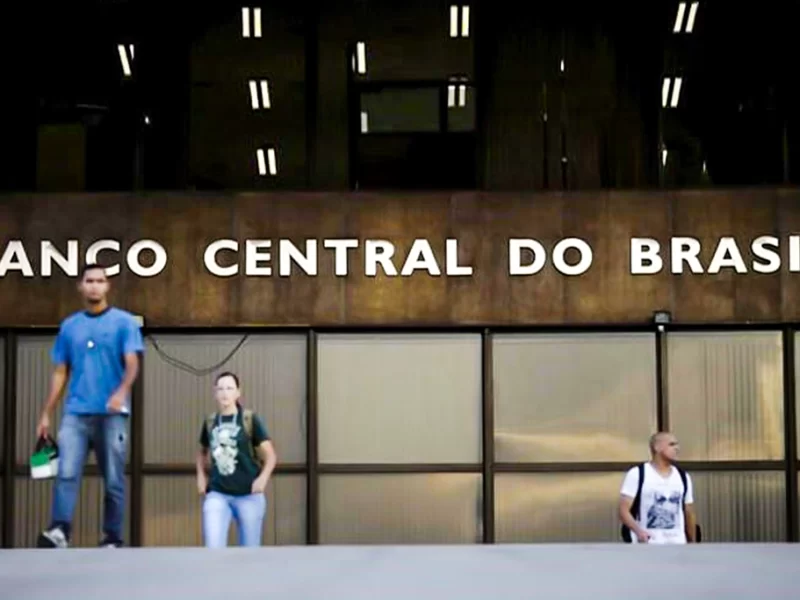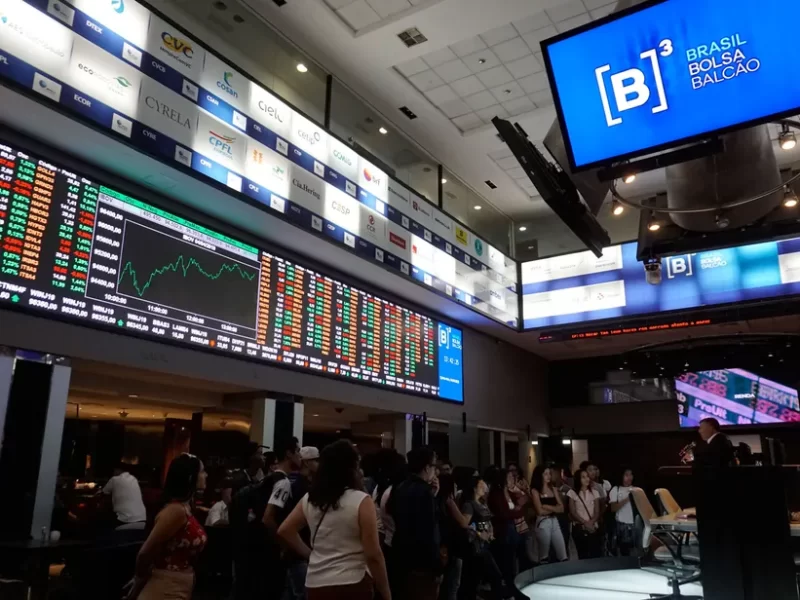Venezuela has suspended commercial flights to Chile, escalating tensions between the two countries. Venezuela’s Ministry of Transport announced the indefinite suspension on September 25, 2024.
This move followed Chilean President Gabriel Boric’s speech at the United Nations General Assembly. Boric had labeled Venezuela’s government a “dictatorship” during his speech at the UN.
He criticized the recent elections in Venezuela, calling them an attempt to “steal” the vote. The Chilean leader demanded recognition of the alleged victory of opposition candidate Edmundo González.
Venezuela’s National Institute of Civil Aeronautics issued the flight ban without giving a specific reason. The suspension mirrors similar actions taken against Panama, the Dominican Republic and Peru in July.
Venezuela justified the bans as a response to “interference by right-wing governments” in its electoral process. The disputed presidential election took place on July 28, 2024.


Current President Nicolás Maduro claimed victory, but many countries contested the results. The National Electoral Council declared Maduro the winner, sparking international criticism.
These flight suspensions have dramatically reduced Venezuela’s international air connectivity. Venezuela’s airline association reports a 54% drop in international flights.
In addition, weekly international flights have fallen from 181 to just 83. The air travel restrictions are part of a larger diplomatic crisis.
Venezuela’s diplomatic retaliation and flight ban
Venezuela has expelled diplomats from several countries who questioned the results of its elections. Argentina, Costa Rica, Uruguay and others faced diplomatic repercussions for their criticism.
Venezuela’s actions appear to be political revenge against countries critical of its government. Flight bans have significant implications for regional travel, tourism and business.
Available international seats have fallen to around 15,000 per week, from a much higher number. These measures could further isolate Venezuela economically and diplomatically.
As a result, the ongoing crisis in the country may worsen. Travelers, businesses and diplomatic missions in the region face potential disruptions.
The situation remains fluid, with concerns that Venezuela could extend flight bans to other critical countries. This development highlights the complex interaction between politics and international travel in Latin America.
As tensions continue, the international community is watching closely. Furthermore, the impact of these flight suspensions extends beyond simple travel inconveniences.
They represent a tangible manifestation of deepening diplomatic divisions in the region. Venezuela’s actions raise questions about the future of regional cooperation and dialogue.
In short, the flight bans serve as a reminder of how quickly political disputes can affect daily life. They underline the delicate balance between national sovereignty and international relations.



